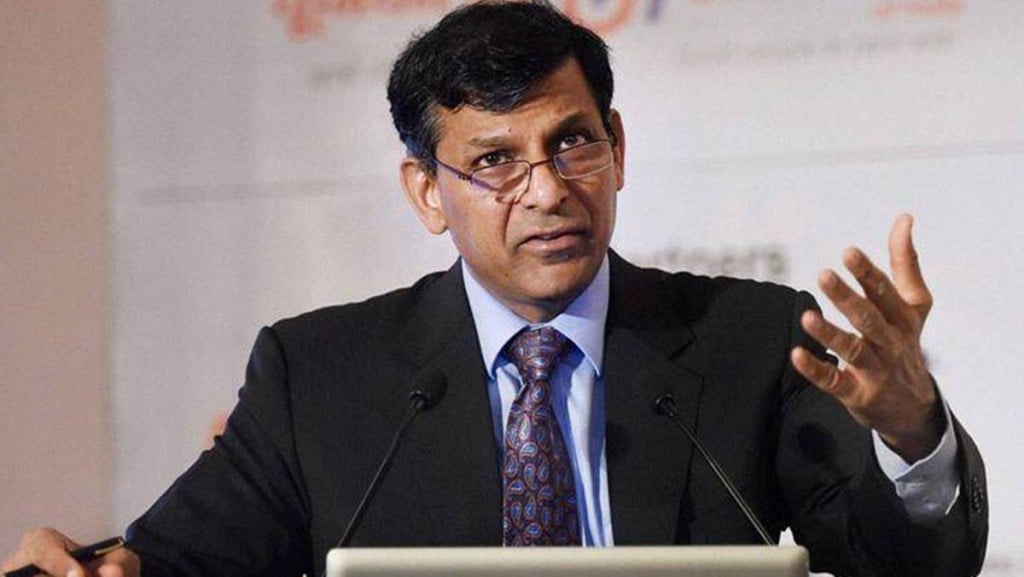The US Federal Reserve may have to dial down talks of aggressive policy tightening amid the worsening conflict between Russia and Ukraine. Some economists were expecting a 50 basis points hike from the Fed in March, but those expectations could dampen as Moscow invades Ukraine. Former RBI Governor Raghuram Rajan said the Fed may have to dial down talks on aggressive moves on policy tightening, but start with the process of normalising the monetary policy, amid the surging oil prices and looming supply shortages.
If this supply shock plays through, the Fed may have to make small moves to show that it’s focused on inflation, but not get overly aggressive because it knows that there will be a weakening of economic activity, Rajan said in a TV interview. “So I would think what it would do is dial down talks of any aggressive moves but start the process of normalising monetary policy and watch very carefully to see how (economic) activity is impacted, how oil prices are impacted, and how they feed through into activity,” he added.
“If all that stays moderate then the Fed would continue but it would try to be nimble and at least stop further tightening if it sees significant weakening on the economic front,” Rajan said Thursday in an interview to CNBC Asia.
Earlier on Thursday, oil surged and rose above the $100 per barrel mark for the first time since 2014 as Russian troops attacked Ukraine. Experts raised concerns that oil prices could go up higher, if the situation exacerbates, and Russia cuts off gas exports to Europe. Russia is the second largest oil exporter in the world.
The US Fed may need to keep an eye on how inflation plays out amid the possible supply constraints, Rajan said. Consumer prices in the US are already up 7.5% over the past year, well ahead of the 2% level that the Fed considers healthy for inflation.
Rajan said supply shocks, of oil and other commodities, could push up the inflation in the short term, but it does not stay at headline inflation and seeps into everything else. He said if supply shocks erupt, in the short term inflation will be up, and in the medium term there will be an adverse impact on growth. Raghuram Rajan was the governor of Reserve Bank of India from 2013 to 2016. He is now a finance professor at the University of Chicago Booth School of Business.
